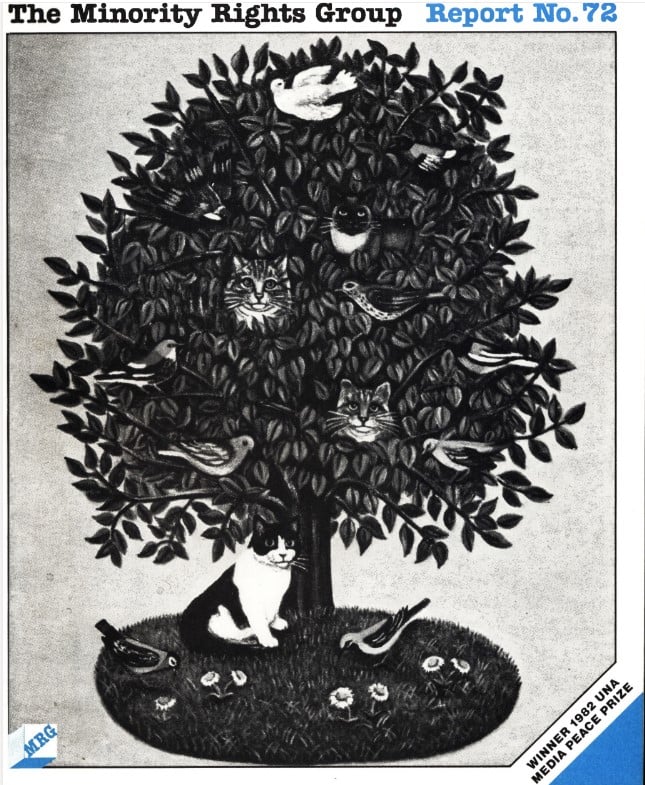
Co-existence in some plural European societies
The sectarian violence in Northern Ireland has been a constant factor in British and Irish politics for several decades. The divide between Protestant and Catholic, Loyalist and Republican seems permanent and unbridgeable. Yet other societies in Europe are also divided. What is their experience?In the South Tyrol the ethnic German population, after much bitterness, came to an accommodation with the Italian state. The Swedish-speaking Aland Islands in Finland have a remarkable measure of local autonomy. Whole countries are divided – Belgium by language, the Netherlands by religion and Switzerland by both, plus history and geography – yet all have managed to achieve a workable consensus.
Co-existence in some plural European societies, the Minority Rights Group’s Report No. 72, discusses all these cases and asks what the lessons might be for other nations. With articles by Prof. Antony Alcock, Prof. Marc Bossuyt, Dick Leonard, Dr. Jonathan Steinberg and Dr. Fred Grünfeld and commentaries by the distinguished lawyers Prof. Claire Palley and Paul Sieghart, this Report provides constructive ideas and some thought-provoking evidence that conflict is not inevitable.
A stimulating and challenging document, this text will prove useful not just for politicians, administrators, lawyers and academics, but for all those interested in minorities and the problems of co-existence.
Please note that the terminology in the fields of minority rights and indigenous peoples’ rights has changed over time. MRG strives to reflect these changes as well as respect the right to self-identification on the part of minorities and indigenous peoples. At the same time, after over 50 years’ work, we know that our archive is of considerable interest to activists and researchers. Therefore, we make available as much of our back catalogue as possible, while being aware that the language used may not reflect current thinking on these issues.